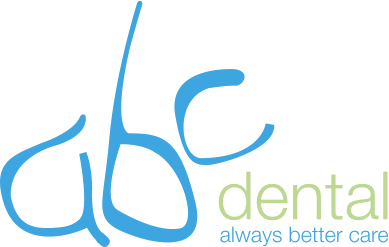Your Invisalign treatment consists of a series of nearly invisible, removable aligners that you change every two weeks for the next set of aligners. Each aligner is individually manufactured for your teeth, and your teeth only. As you replace each aligner, your teeth will move – little by little, week by week – until they have straightened to the final position prescribed by your dental provider.
A confident smile and increased self esteem aren't the only benefits of correcting your smile with Invisalign - your oral health can be positively enhanced as well. Learn more about several common issues below that one of our experienced Invisalign trained dentists can work with you to correct.
Overcrowded teeth occur when there is simply a lack of room within your jaw for all of your teeth to fit normally. When left untreated, overly crowded teeth can cause an increased chance of gum disease as your teeth are harder to clean and can prevent the normal function of teeth.
Widely spaced teeth occur when you have extra space within your jaw. This could be due to small sized teeth, abnormal growth of the jaw bones, genetics, missing teeth and/or tongue protrusion. When teeth are missing, this issue can also be caused by the other teeth shifting due to extra space. Spacing issues can lead to some periodontal diseases including gingivitis and periodontists that, left untreated, can lead to tooth loss.
Underbites occur when the lower teeth protrude past the front teeth, usually caused by undergrowth of the upper jaw, overgrowth of the lower jaw, or both. It can also be caused by missing upper teeth. This issue can prevent the normal function of front teeth or molars which can lead to tooth wear. It can also cause painful jaw and joint problems.
Overbites occur when the upper teeth overlap significantly with the lower teeth. It’s typically caused by either genetics, bad oral habits, or over development of the bone that supports the teeth. This issue can lead to gum problems or irritation, and/or wear on the lower teeth and can cause painful jaw and joint problems.
Crossbites occur when the upper and lower jaws are both misaligned. It usually causes one or more upper teeth to bite on the inside of the lower teeth, and can happen on both the front and/or the sides of the mouth. This issue can cause wear of the teeth, gum disease and bone loss.
Give us a call today to book a consult with one of our experienced dentists!






